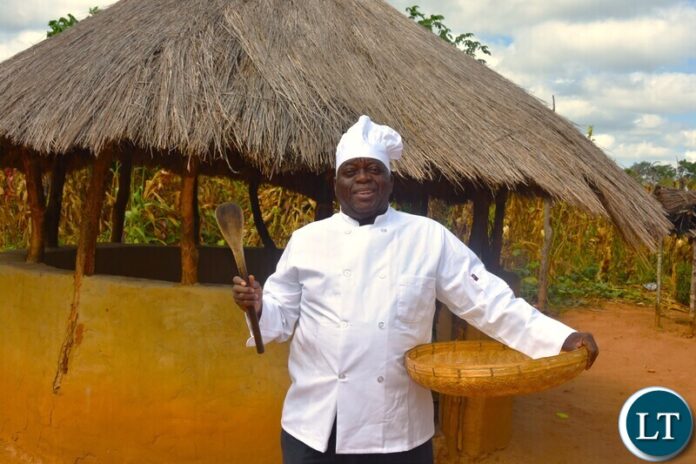By Mwizenge S. Tembo, Ph. D.Emeritus Professor of Sociology
I have been teaching or lecturing at college or Universities since 1980 or for the last 43 years. I enjoyed and was passionate about teaching students in the classroom. I have been doing research and publishing some of my results since 1974 when I was a sophomore or second year student at University of Zambia. I have great passion about research as I am always asking and wondering about ideas and questions whether in the natural or social sciences. Most of my research was surveys and interviews.
I had wanted to do ethnography work for a long time. But my teaching prevented me from employing that method as it is very time consuming. But I had that opportunity for 6 months in 2021 from January to June when I lived at the Mwizenge Sustainable Model Village. I wrote a report of that study.
I am explaining all of this to let you know that these past few weeks I had an exciting opportunity: I actually started the beginnings of some serious scientific work. Science is simple but also very complicated. That’s why it takes years of training. I will be putting out some findings in the coming days and weeks. There is so much that I can’t cover it all in this short introduction. My research assistants were Mr. Robert Phiri who is 49 years old and Jusi Nya Banda who is 46 years old. There are so many exciting things happening at the Mwizenge Sustainable Model Village.
One of them is that we cooked chigwada in the Tumbuka traditional way at the model village as a systematic experiment. Cassava leaves are called Katapa in the Bemba Zambian language. Please share with us what cassava leaves are called in other Zambian languages. I first published a study about Zambian traditional foods in 1980. Forty-three years later in 2023 I have an opportunity to actually experiment how to cook some of these many traditional foods especially vegetables that are central to Zambian traditional cuisine.
We started with burning chidulo, getting the cassava or chigwada leaves, kutendela and finally having the chigwada dende ready with which to eat nshima. The background to this is that my grandmother and my mother were some of the best cooks of chigwada. I observed how they cooked it as a young child. I also tremendously enjoyed eating it. I will have an actual description in the future. This series of experiments about cooking Zambian traditional foods will be called: “The Village Chef”. This is the beginning as there is tons of specific information coming in the future.
What you are seeing I am holding are some of the most important tools that are used in traditional Zambian cooking; mthiko cooking stick and chihengo. There is a proper way of handling and using both when cooking or preparing foods for cooking. We of course use both in our experiments. These “The Village Chef” cooking will be special as most of the fresh ingredients are and will be in the large farm field just behind the kitchen. A solar borehole pump has just been installed so that most of the ingredients will be grown on the model village farm field.



We have more serious problems to deal with under upnd. We don’t have time for mad professors
Dr Mwizenge sir are you now back home in Kanele box 1 or you still based in the USA
Well said Professor. I guess at the end of the day, you will, like Dr. Livingston be the first man to cook those dishes
@ Kaizar Zulu
Have some respect for elders please…stop walking around with anger it’s not good for your health…Dr Mwizenge is just minding his own business and just mind your own business too…no need to demean others
Kaizer Zulu is in politics. There’s no room for respect in politics. In that industry Respect is feigned only to get votes from unsuspecting citizens
Dr Mwizenge
Do you know how to cook nchunga za musuzi uswesi
Comments are closed.